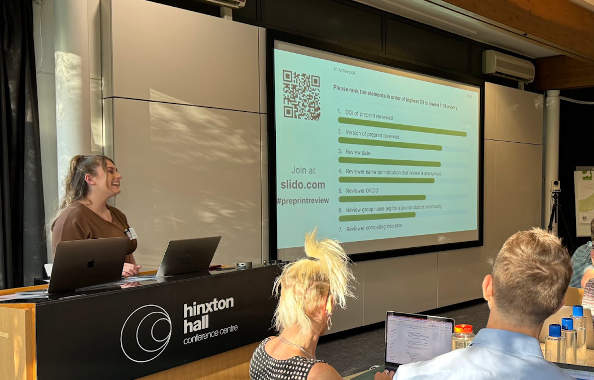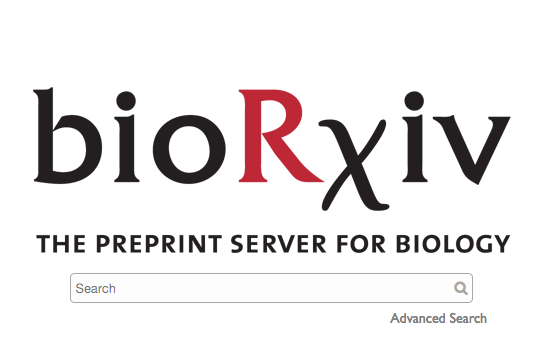
The practice of preprinting in the life sciences has grown rapidly. In addition to accelerating scientific publication, preprinting also has the potential to open new avenues of communication among researchers. For example, preprint peer review offers tremendous potential for changing the culture of scientific assessment, broadening participation, and enhancing the robustness of scholarship.








